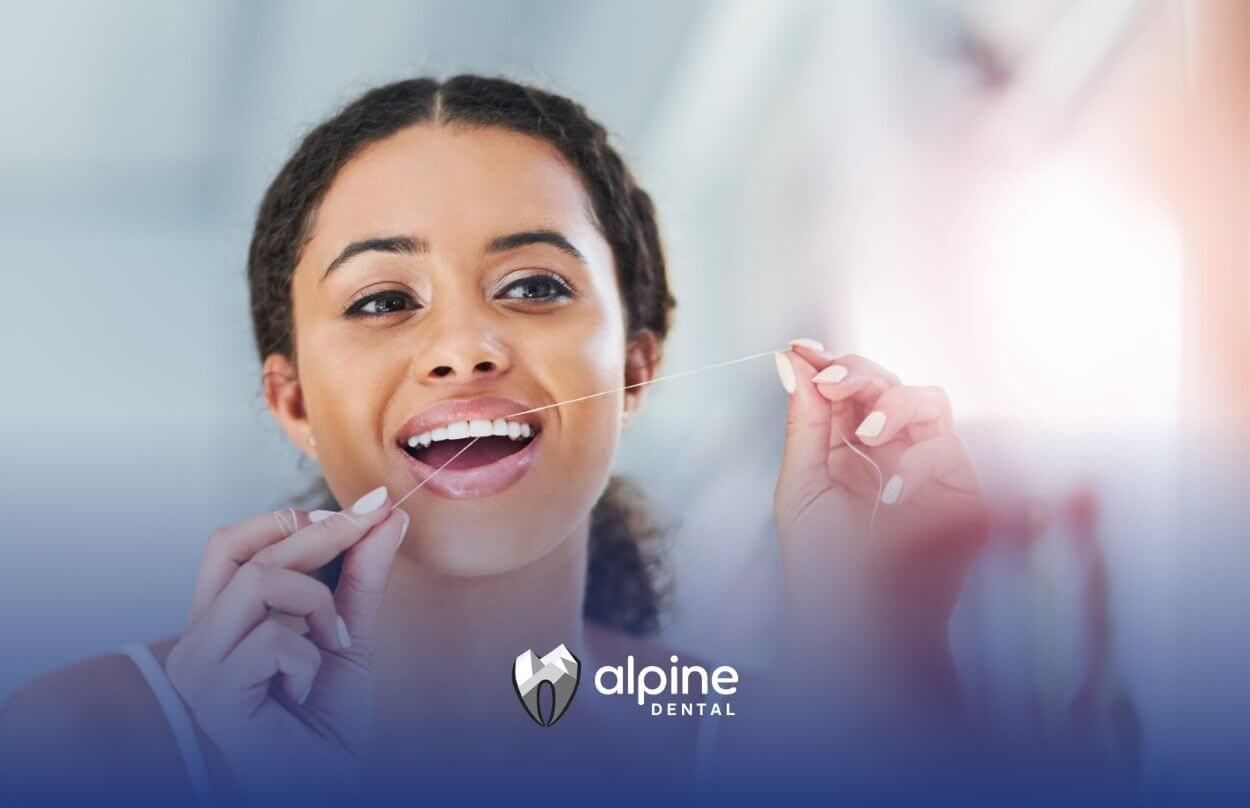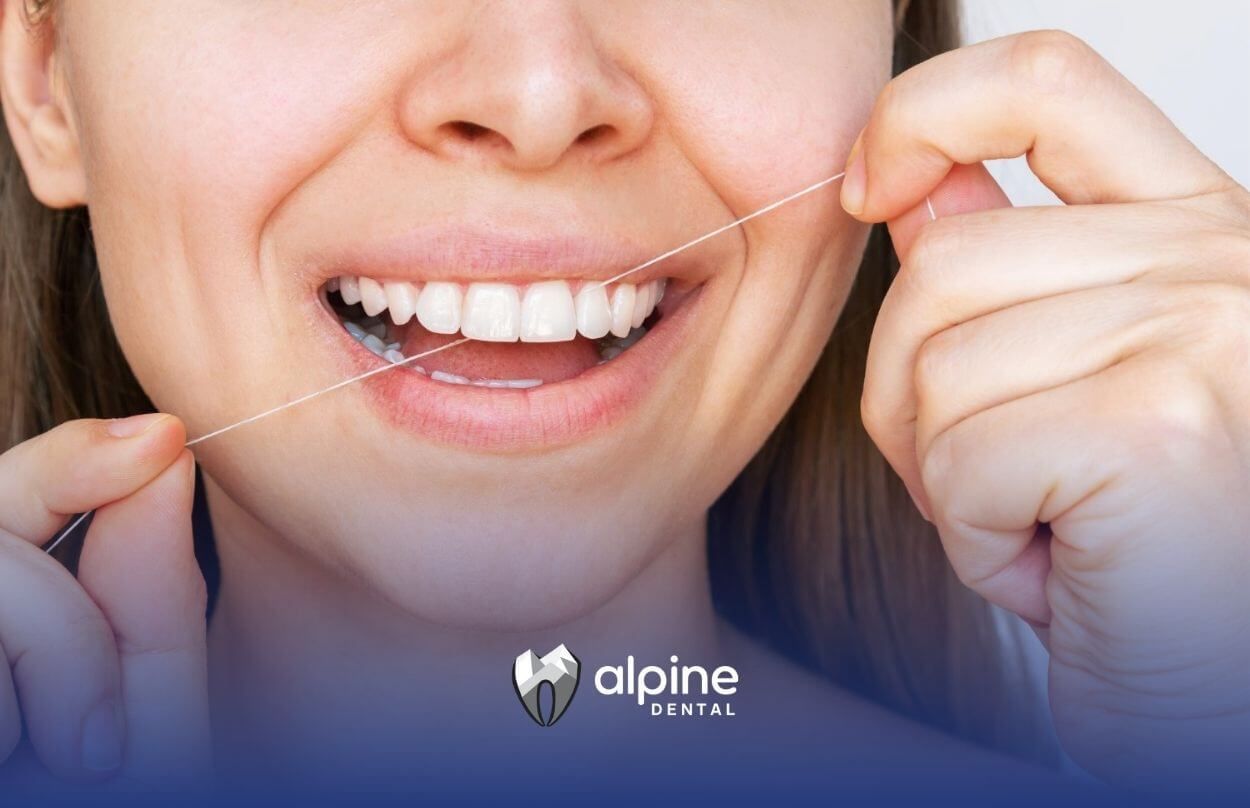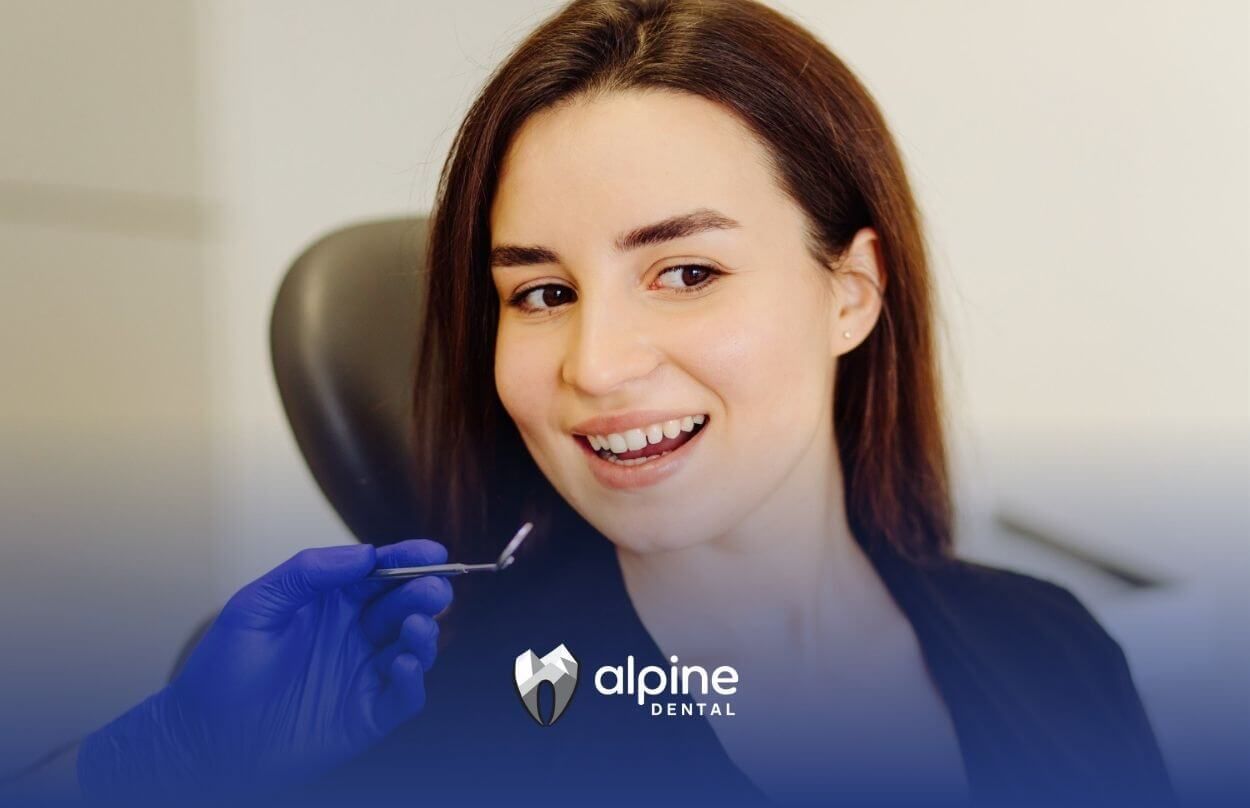Dental Tips for Smokers: Protect Teeth, Gums & Smile Health
When patients ask me how smoking affects their teeth, I always pause before answering. Not because I don’t know, but because the list is long—and not pleasant. Still, I understand that quitting smoking is one of the hardest things to do.
That’s why, instead of just saying “stop,” I like to share real, practical dental tips for smokers. These are things you can start today to reduce damage, improve your oral health, and protect your smile for the long run.
How Smoking Impacts Oral Health
We often think of smoking as a lung problem, but the mouth is where the damage starts. Cigarettes, cigars, and even vaping leave behind chemicals that directly affect your teeth and gums. Here’s what I see most often in smokers:
- Tooth staining and discoloration – Nicotine and tar stick to enamel, turning teeth yellow or brown.
- Gum disease (periodontal disease) – Smoking reduces blood flow to the gums, making it harder to fight infection.
- Tooth decay – Dry mouth and increased bacteria create the perfect environment for cavities.
- Bad breath – Lingering chemicals mix with bacteria, causing chronic halitosis.
- Delayed healing – Cuts, sores, or dental surgery sites take longer to recover.
- Oral cancer – Smoking is one of the leading causes of cancers in the mouth and throat.
Knowing the risks is the first step. The next is learning how to manage them.
Daily Oral Hygiene Tips for Smokers
The foundation of good oral health always starts at home. But for smokers, regular brushing and flossing aren’t just habits—they’re essential protection.
Brush After Every Smoke (If Possible)
Ideally, you should brush your teeth twice a day. But if you smoke, brushing after each cigarette helps remove residue before it settles. I recommend using an electric toothbrush with soft bristles—it’s more effective at removing plaque without being too harsh.
Floss Daily—Don’t Skip It
Flossing removes the sticky film that builds up between teeth where cigarettes can leave harmful deposits. If flossing is uncomfortable, try water flossers—they’re easier and very effective for smokers.
Use Fluoride Toothpaste
Fluoride helps strengthen enamel against decay. For smokers, who already face higher cavity risk, a strong fluoride toothpaste is non-negotiable.
Rinse With Antimicrobial Mouthwash
An alcohol-free antimicrobial mouthwash fights bacteria and freshens breath. Fluoride mouth rinses add extra protection. If dry mouth is a problem, choose a rinse designed to boost saliva flow.
Stay Hydrated All Day
Smoking dries out your mouth, which allows bacteria to thrive. Drinking plenty of water throughout the day helps wash away toxins, reduces bad breath, and protects against cavities.
Dietary Tips for Smokers
Your diet can either help or hurt your teeth—especially if you smoke.
- Eat crunchy fruits and vegetables like apples, carrots, and celery. They help scrub teeth naturally.
- Limit coffee, tea, and red wine, since these cause additional staining.
- Avoid excess sugar—smoking already weakens your gums, so sugar just adds more risk for cavities.
- Chew sugar-free gum to stimulate saliva and fight dry mouth.
Even small changes in diet can make a noticeable difference in your smile.
Professional Dental Care for Smokers
Home care is important, but professional care is where smokers can truly minimize long-term damage.
Schedule Dental Cleanings More Often
While most people visit the dentist every six months, I recommend every 3–4 months for smokers. Extra cleanings help remove the stubborn tartar and plaque that cigarettes leave behind.
Regular Gum Exams
Because smoking hides early symptoms of gum disease (like bleeding gums), I always check carefully for signs of periodontal disease. Catching gum problems early prevents bone loss and tooth loss.
Professional Whitening Options
Nicotine stains run deep. Whitening toothpaste and strips may improve surface discoloration, but professional whitening treatments are often the only way to restore brightness. For patients with severe staining, porcelain veneers or bonding may be the best cosmetic option.
Oral Cancer Screenings
I can’t stress this enough: smokers need oral cancer screenings at least once a year. Early detection saves lives. Screenings are painless and quick but can make a huge difference in outcomes.
Long-Term Risks of Smoking for Oral Health
Some patients tell me, “I’ve smoked for years, and my teeth are still fine.” That may be true for now, but the long-term risks build quietly.
- Loose teeth: Gum disease weakens the bone and tissues that hold teeth in place.
- Tooth loss: Smokers are twice as likely to lose teeth compared to non-smokers.
- Implant failure: Dental implants are less successful in smokers because healing is compromised.
- Chronic infections: Reduced blood flow makes it harder for your mouth to fight off bacteria.
Understanding these risks often motivates people to take preventive care more seriously—even if quitting isn’t on the table yet.
Can Quitting Reverse the Damage?
The best dental tip I can give smokers is this: quitting is the single most powerful way to protect your teeth. The moment you quit:
- Blood flow to your gums improves.
- Your risk of gum disease decreases.
- Staining slows down.
- Oral cancer risk begins to drop.
I’ve seen patients make huge improvements just by reducing the number of cigarettes per day. Pair that with good dental care, and the benefits are clear.
Smoking is hard on your teeth and gums, but with the right habits and professional care, you can reduce the damage and protect your smile. Brush often, floss daily, stay hydrated, and never skip your dental checkups. And if you’re ready to quit, know that your dental team can support you with resources and encouragement.
At Alpine Dental in New Jersey, we care for patients in Jackson, Lakewood, Manchester, and the surrounding areas.
From professional cleanings and gum disease treatment to teeth whitening and veneers, we’re here to keep your smile healthy—even if smoking has taken a toll.
FAQs
Can smokers use whitening toothpaste?
Yes, but results are limited. Whitening toothpaste can remove surface stains, but deeper nicotine stains usually require professional whitening.
How often should smokers see a dentist?
At least every 3–4 months. Frequent cleanings reduce buildup and allow early detection of gum disease or oral cancer.
Does vaping affect teeth the same way?
While vaping doesn’t cause staining like cigarettes, it still contributes to dry mouth, gum irritation, and long-term oral health risks.
Sources:
- https://www.cdc.gov/tobacco/campaign/tips/diseases/periodontal-gum-disease.html
- https://www.ncbi.nlm.nih.gov/books/NBK554590/
- https://my.clevelandclinic.org/health/diseases/21482-gum-periodontal-disease
- https://pmc.ncbi.nlm.nih.gov/articles/PMC3633395/
- https://pmc.ncbi.nlm.nih.gov/articles/PMC6280576/




